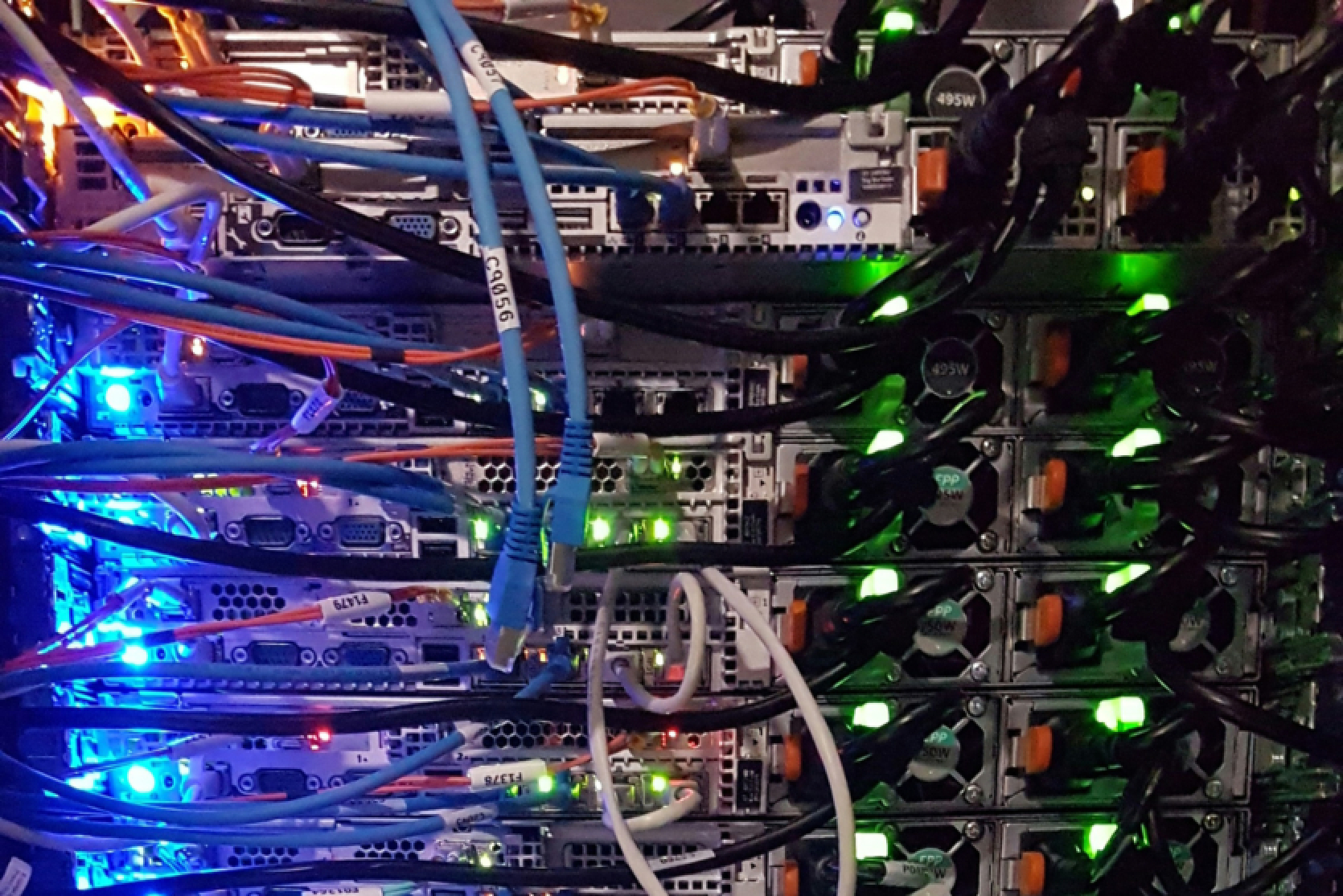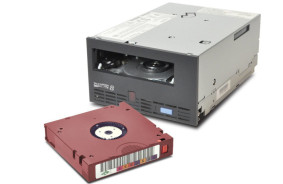It is already known that Intel 13th and 14th generation processors (Raptor Lake) have stability issues, especially in games. However, the YouTuber Level1Techs found that the phenomenon is also widespread in data centers.
A Linux enthusiast obtained data on failures from thousands of servers running Intel Raptor Lake Core i9 K series processors. He found that approximately 50% of Raptor Lake servers have stability issues, despite each of them running server-class motherboards with an LGA1700 socket from Asus or Supermicro.
The stability issues of these servers have become so common that they affect how server providers conduct business with their clients. Level1Techs highlights one server provider that charges over $1000 for its Core i9-14900K-based servers compared to servers based on the Ryzen 9 7950X processor, only for onsite work and repairs ($139 vs. $1280 for 7950X and 14900K). This additional service fee is included in the server's price.
The same server provider informed Level1Techs that the number of support cases related to system failures and stability issues is extremely high specifically on Raptor Lake. Worse, BIOS updates, E-core disabling, and even physical chip replacement do not guarantee that these issues will disappear. This makes Raptor Lake systems a nightmare for server providers.
"...We lucked out with 12900KS and have always had luck with Xeon... Things are off with 13900K and 14900K. We have replaced many clients' 13900K with 14900K [CPUs], and the issues seem not to completely disappear... Instead, we directed clients to 7950X systems, they are almost always faster."
This finding confirms that the stability issues of Intel Raptor Lake and Raptor Lake Refresh are more complex than previously thought. The server motherboards used by these processors are entirely focused on stability and chip operation within specifications, without overclocking capabilities. The fact that Intel's 13th and 14th generation processors are still failing indicates that the problem lies with them, not with third-party hardware.
Intel has attempted to address the Raptor Lake issues with several solutions, including implementing a base profile with safer power targets and updating microcode to fix the eTVB error, which caused individual Raptor Lake models to boost clock speeds. However, all these attempts have not been entirely successful. As far as we know, Intel is still investigating the core stability issues of Raptor Lake.
Recall that in April 2024, it became widely known about the issue of compatibility of Intel Core i9 13th and 14th generation K series chips. Motherboard manufacturers added a recommended settings mode from Intel to the BIOS. However, the processor manufacturer called this mode incorrect and provided correct parameters. As can be seen, these and further efforts by Intel with partners improved processor performance, but did not lead to a final solution to the problem. The latest information indicates that the issue is likely with the processors themselves.
Source: Tom`s Hardware













Comments (0)
There are no comments for now